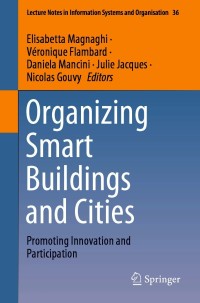


The Water Win Company is dedicated to making products that meet the needs of customers in a sustainable manner. Water Win is best known for its KLN water bottle, which is BPA-free, dishwasher-safe, bubbly glass bottle in a soft silicone sleeve. Consulting studies have indicated that of the total conversion costs required to complete a finished unit, the forming operation requires 70%, the assembly 20%, and the finishing 10%. The following data are available for March 2020 (there is no beginning inventory of any kind): More Info Data Table $ The production process consists of three basic operations. In the first operation, the glass is formed by remelting cullets (broken or refuse glass). In the second operation, the glass is assembled with the silicone gasket and sleeve. The resulting product is finished in the final operation with the addition of the polypropylene cap. 73,000 24,000 $ $ 5,600 $ 90,160 Requirements $ 7,000 Cullets purchased Silicone purchased Polypropylene used Total conversion costs incurred Ending inventory, cullets Ending inventory, silicone Number of bottles completed and transferred Inventory in process at the end of the month Units formed but not assembled Units assembled but not finished $ 4.500 14,000 5,000 1. What is the cost per equivalent unit for conversion costs for KLN bottles in March 2020? 2. Compute the cost per equivalent unit with respect to each of the three materials: cullets, silicone, and polypropylene. 3. What is the cost of goods completed and transferred out? 4. What is the cost of goods formed but not assembled? 5. What is the cost of goods assembled but not finished? 1,000 Requirement 1. What is the cost per equivalent unit for conversion costs for KLN bottles in March 2020? Use a formula to solve for the cost per equivalent unit for conversion costs. (Round the cost per equivalent unit amount to the nearest cent. Conv. = con | = Cost per equivalent unit, conv. costs Requirement 2. Compute the cost per equivalent unit with respect to each of the three materials: cullets, silicone, and polypropylene. Begin by using a formula to solve for the cost per equivalent unit with respect to cullets. (Round the cost per equivalent unit amount to the nearest cent. Cost per equiv, unit, cullets Use a formula to solve for the cost per equivalent unit with respect to silicone. (Round the cost per equivalent unit amount to the nearest cent. Conv. = c = Cost per equiv, unit, silicone Use a formula to solve for the cost per equivalent unit with respect to polypropylene. (Round the cost per equivalent unit amount to the nearest cent. Con = Cost per equivalent unit, polypropylene :: 11 Requirement 3. What is the cost of goods completed and transferred out? Cost of goods completed and transferred Direct materials Conversion costs Total Requirement 4. What is the cost of goods formed but not assembled? Cost of goods formed but not assembled Direct materials Conversion costs Total Requirement 5. What is the cost of goods assembled but not finished? Cost of goods assembled but not finished Direct materials Conversion costs Total









